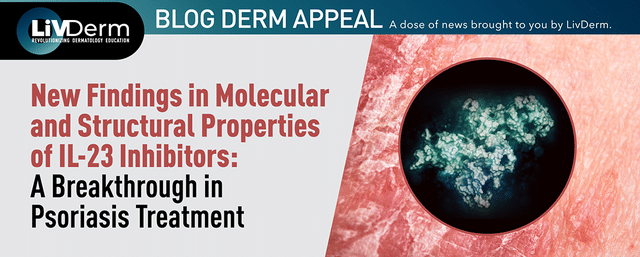An article in Metro begins with the sentence, “When we’re living in a society obsessed with Instagram, it’s no surprise most of us crave flawless skin.” Yet for those diagnosed with chronic skin conditions, the ideal is not only unattainable—it can also be detrimental to emotional wellbeing and mental health. In an effort to establish a correlation between skin conditions and mental illness, JAMA Dermatology published a systematic review and meta-analysis that sought to investigate the association between atomic dermatitis (AD) and suicidality: finding that the patients in question had a 44% increased risk of suicidal ideation, and a 36% increased risk of suicidal attempts.
The discomfort that stems from living with a skin condition like psoriasis or eczema can spur severe self-esteem issues, and a frequent crippling lack of confidence. The study in JAMA further confirms and establishes the association between skin conditions like AD, and suicidality. Another study published by Global Healthcare leader Sanofi concluded that 80% of surveyed participants reported that the condition has a direct impact on their mood; a new public health initiative titled Scratch Beneath the Surface aims to combat stigma associated with atopic dermatitis (the most common type of eczema), and disseminate information surrounding the real-life impact of living with the skin condition.
Moreover, a recently published study in Annals of Allergy, Asthma and Immunology references a survey which indicates that many people suffering from moderate-to-severe eczema experience “an inability or reluctance to engage in activities and socializing,” which ultimately leads to a significantly lessened quality of life. Some eczema patients report a poorer quality of life than those who suffer from other serious chronic health issues, including cardiovascular disease, diabetes, and high blood pressure.
An article published by HealthDay News cites study author Dr. Jonathan Silverberg: Director of the Northwestern Medicine Multidisciplinary Eczema Center and the Contact Dermatitis Clinic at Northwestern Memorial Hospital. “The more severe the atopic dermatitis [eczema], the worse the overall health, quality of life and life dissatisfaction,” says Dr. Silverberg.
While the National Eczema Association reports that approximately 30 million Americans suffer from a type of the skin disease, there is no known cure—and the specific cause remains a mystery. A further challenge that complicates diagnosis and treatment is that no two eczema patients are alike, requiring a “tailored treatment approach” for what is often a chronic, long-term disorder.
The findings further detail that even among those with mild eczema, almost 18 percent stated that they avoided socializing specifically due to their appearance, and 23 percent limited daily activities. The numbers were significantly higher among those polled with moderate and severe patients: 40 and 43 percent, respectively.
Chairman of Dermatology at the University of California San Diego Richard Gallo asserts that “We have long known that eczema has an enormous impact on the quality of life,” yet reinforces the importance of developing treatment protocols, and new scientific clinical research. Dr. Gallo additionally highlights currently emerging work regarding the potential benefits of applying probiotics to the skin.
At SBS, one of our primary priorities is recognizing the importance of teaching clinicians the latest treatment protocols for their patients suffering from skin conditions. Specific sessions at the 18th Annual South Beach Symposium will cover acne, psoriasis, and atopic dermatitis—and treatment practices & protocols designed to help enhance patient care and improve outcomes.
REFERENCES
Jonathan Silverberg, M.D., Ph.D., MPH, director, Northwestern Medicine Multidisciplinary Eczema Center, and director, Contact Dermatitis Clinic, Northwestern Memorial Hospital, and associate professor, departments of dermatology, preventive medicine and medical social sciences, Northwestern University Feinberg School of Medicine, Chicago; Richard Gallo, M.D., Ph.D., professor and chairman, department of dermatology, University of California, San Diego; July 16, 2018, Annals of Allergy, Asthma and Immunology.
















